Workshop & Training
International Policy Workshop on Rural-Urban Poverty Linkages
2 Sep 2014 - 4 Sep 2014 Hangzhou, The People's Republic of China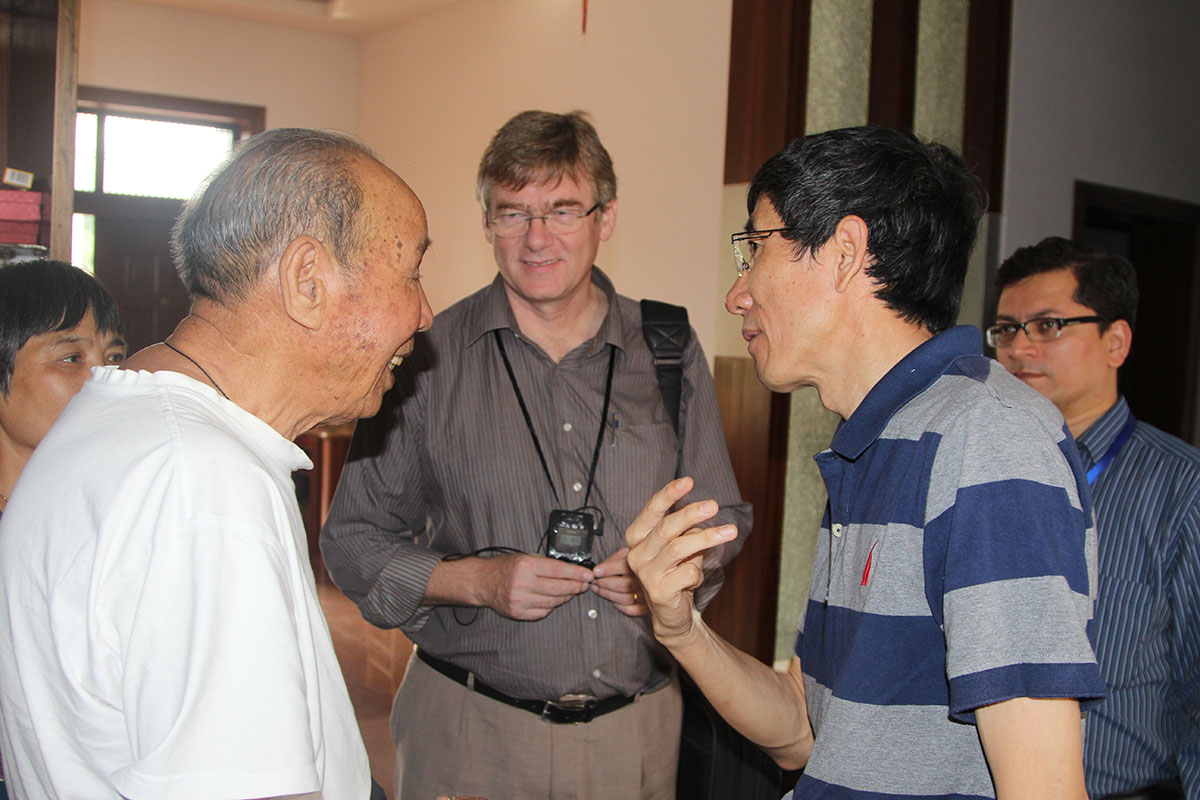
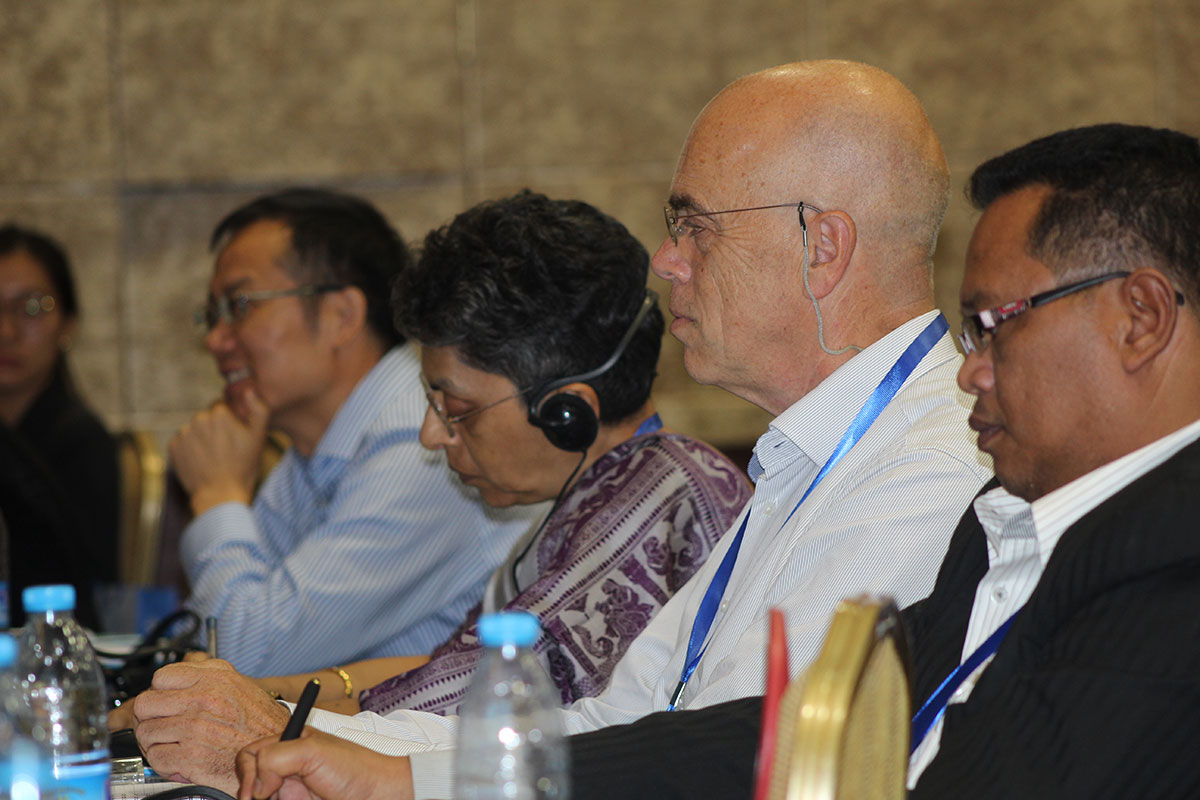
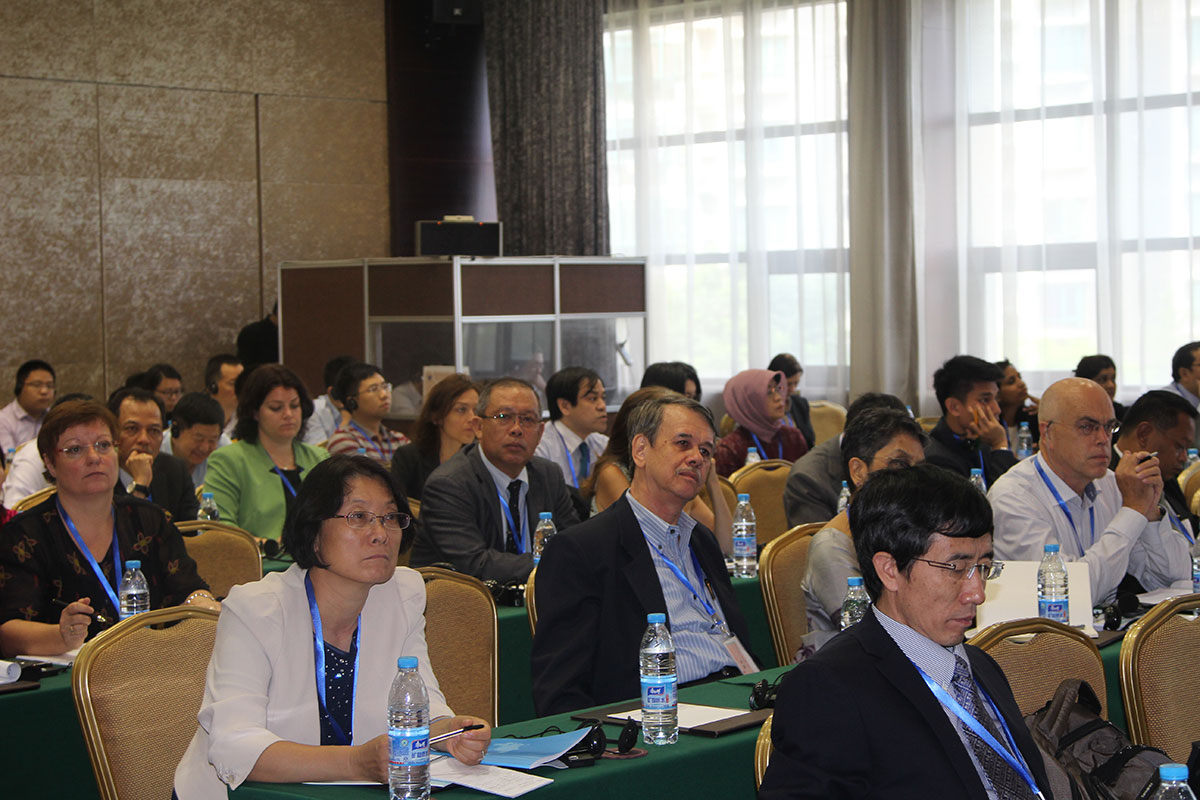
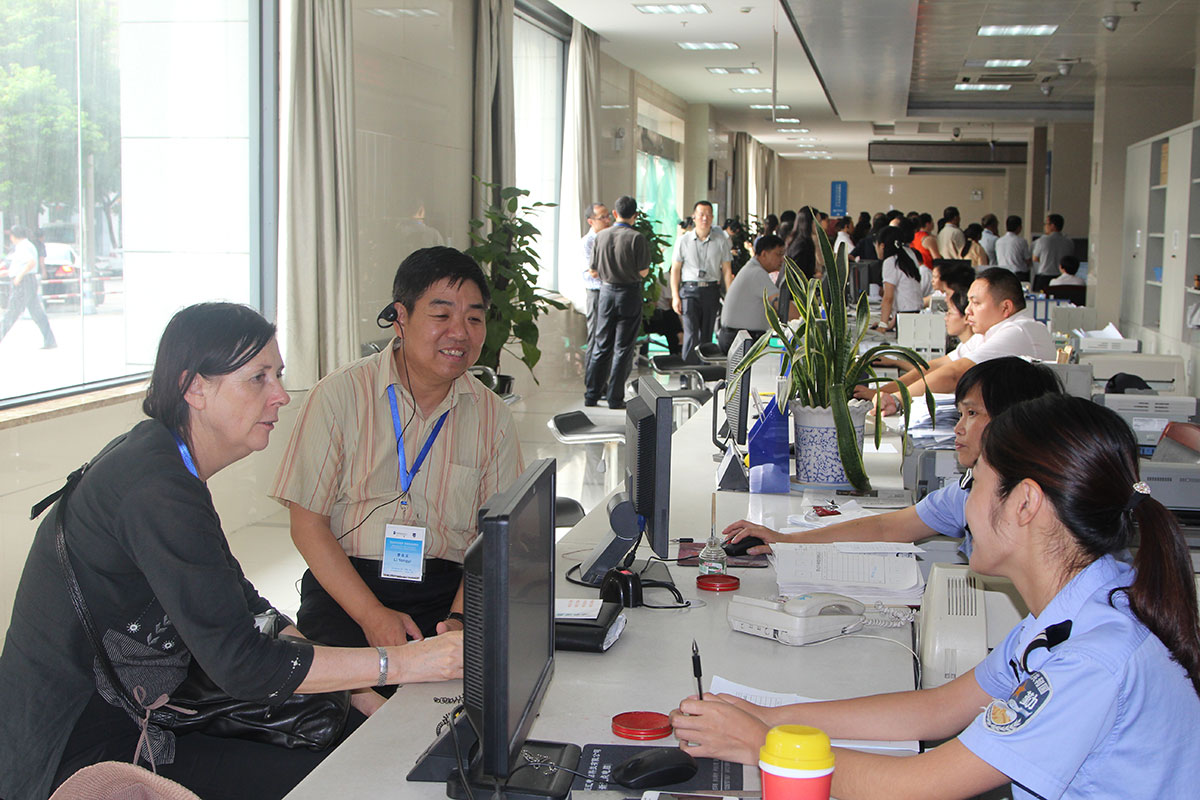
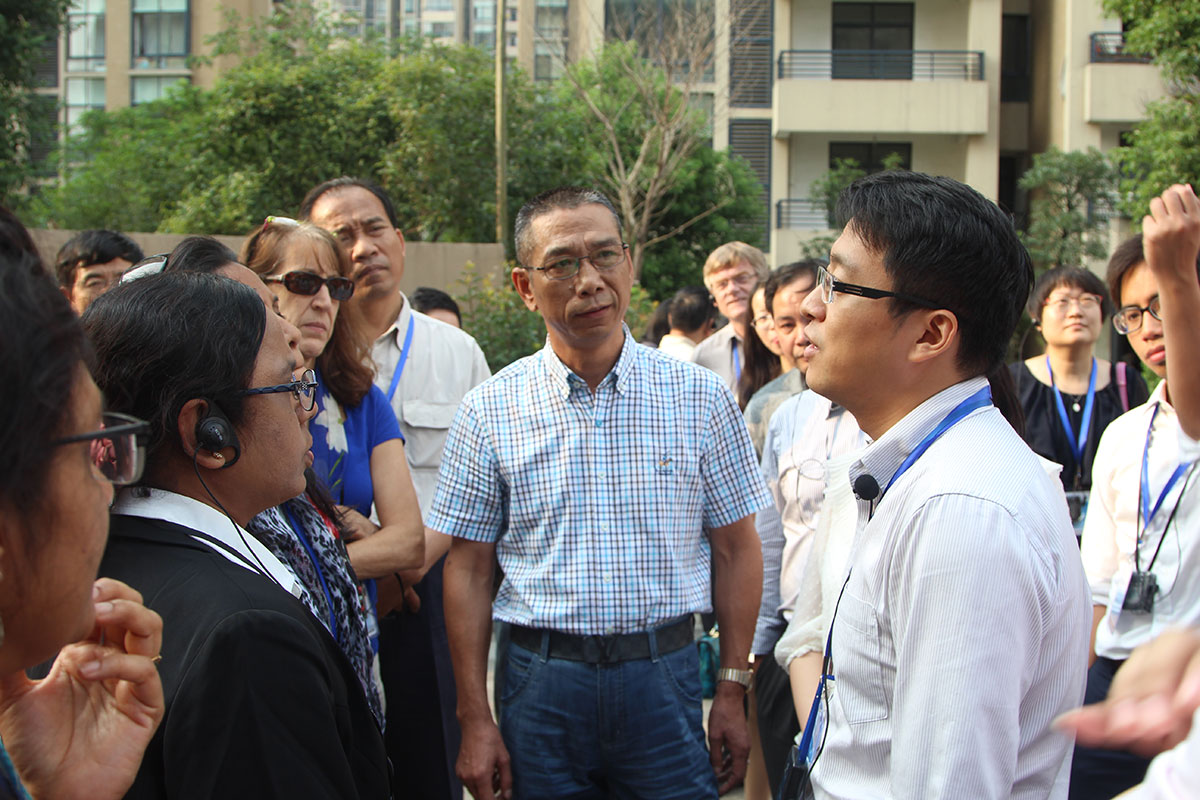
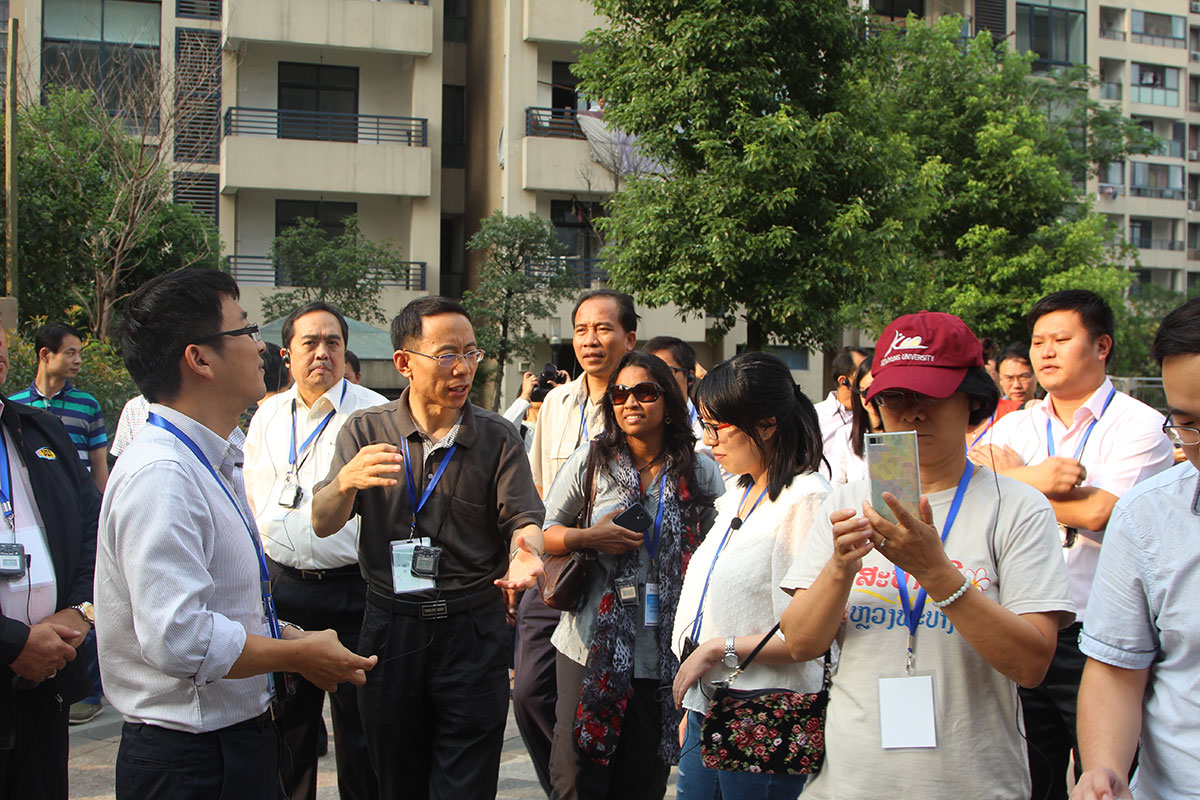
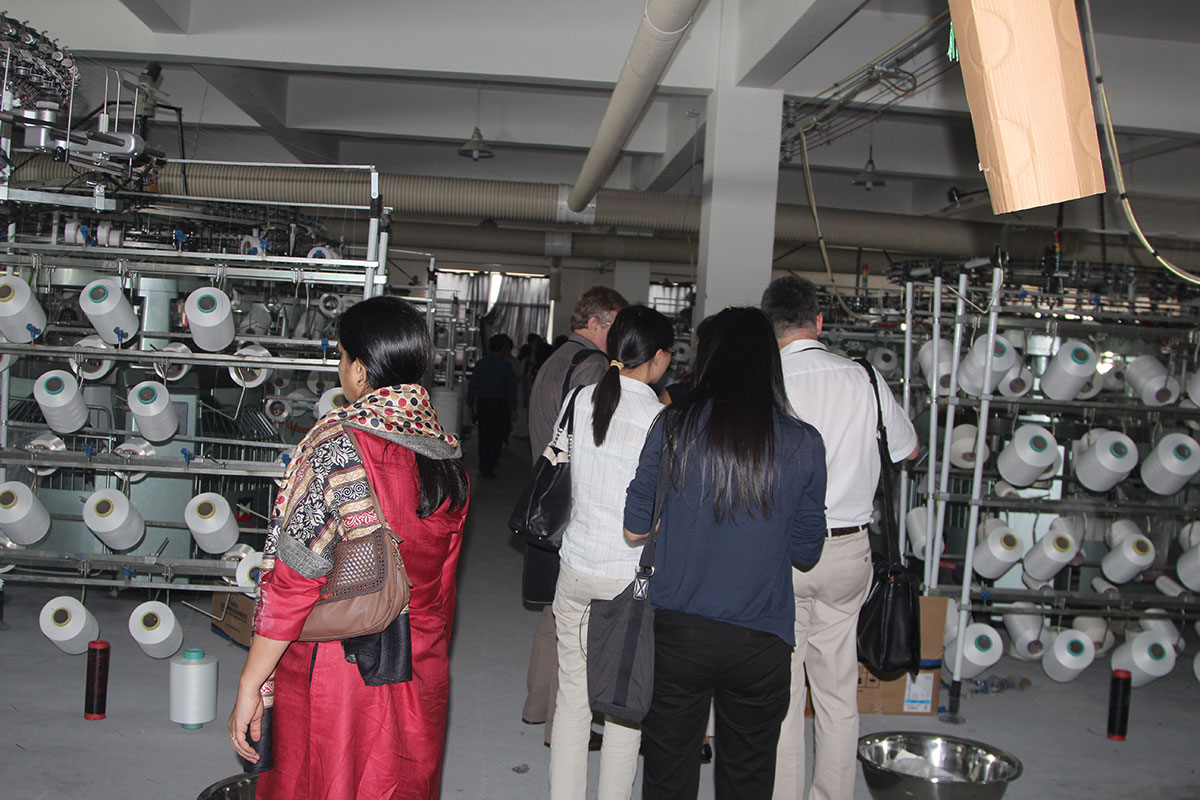
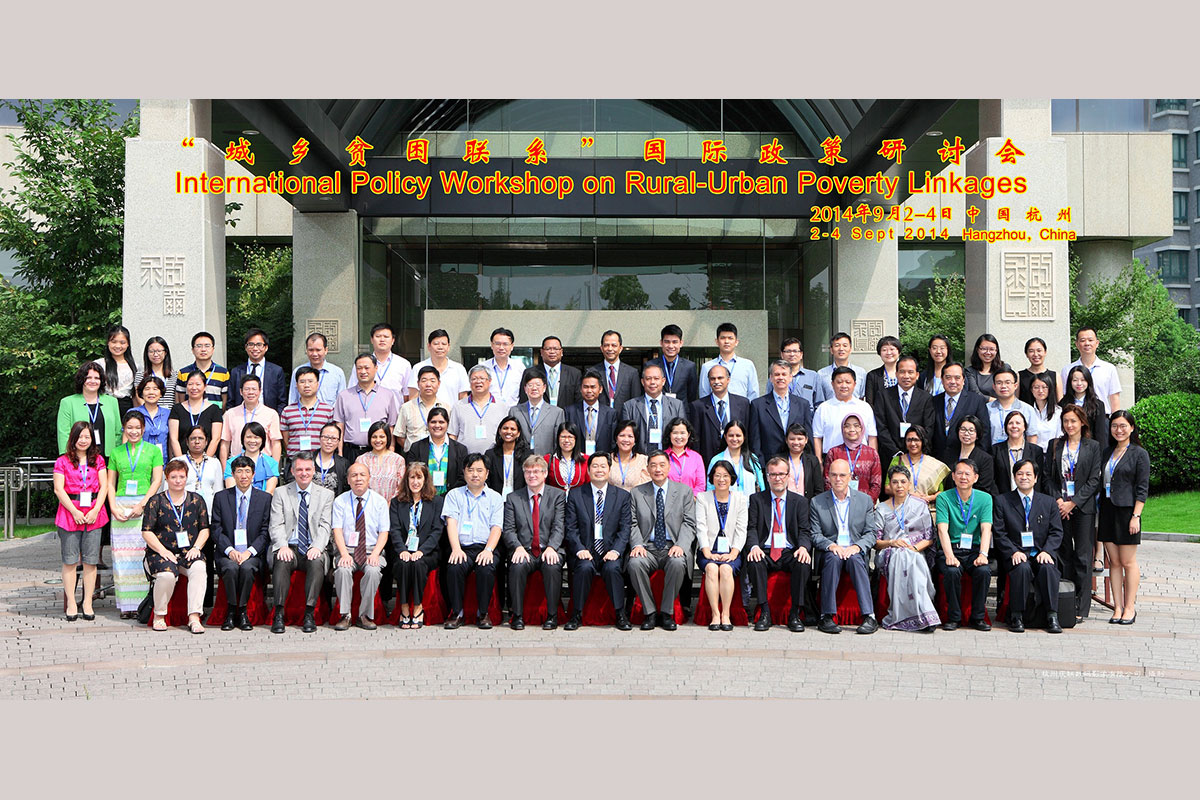
While potentially contributing to poverty reduction, urbanization is not solving the problems of inclusive growth and persistent poverty in Asia. It is estimated that in 2015 about 48% of Asia’s population live in urban areas, and one-third of them—in a trend that is increasing—live in slums or unfavorable living conditions. Cities, often mega-cities, in many parts of Asia are increasingly becoming unlivable, especially for the poor. The workshop brought together 90 government officials, experts, and NGOs from 14 countries to discuss concepts and cases of urban-poverty reduction from selected Asian, European and South American countries. The workshop concluded with four site visits in Zhejiang Province to showcase and discuss the PRC’s experience.
Organizer:
International Poverty Reduction Center in China (IPRCC)
Country Notes:
Agenda:
| Time | Program |
|---|---|
| 09:00-10:00 | Opening Moderator: HUANG Zuhui, China Academy for Rural Development (CARD), Zhejiang University |
| 09:00-09:30 | Introduction
|
| 09:30-10:00 | Keynote: Visualizing urban-rural poverty linkages Rural-Urban Poverty Linkages in Urban Villages, Villages Near the Cities, and Small City Corridors Edward Leman, CEO of CHREOD, Toronto, Canada Slides Draft Paper |
| 10:00-10:30 | Tea/Coffee, group photo |
| 10:45-12:30 | Session I: Poverty in urban villages in megacities This session will provide an overview of poverty dynamics in urban villages Moderator: Ms. ZHOU Xianghong, Professor at the School of Economics and Management, Tongji University Presentations: Poverty reduction through participatory neighborhood upgrading and urban social protection in Indonesia Judy BAKER, World BankPaper1Paper2 Diversity, informality and opportunities for the poor in villages in megacities: Examples from Delhi and Mumbai Banashree Banerjee, Urban Management Consultant, New Delhi; Associate Staff Member of the Institute for Housing and Urban Development Studies (IHS) in Rotterdam, The Netherlands SlidesAnnotated outline Poverty reduction among the migrants in the PRC’s urban villages Prof. Dr. LI Xiaoyun, China Agricultural University, Beijing Comments from the floor and panel discussion: Policy recommendations for addressing poverty in urban villages, and the implications for rural poverty |
| 12:30-14:00 | Lunch, Haoyue Hall, 1st Floor |
| 14:00-17:15 | Session II: Rural-urban poverty dimensions in peri-urban areas (villages close to cities) This session will talk about linkages of rural-urban poverty on the fringe of smaller and larger cities. It will particularly address issues of employment and social services delivery for the poor, as well as implications on changing gender relations. Moderator: Judy BAKER (Practice Leader for Urban Development, the World Bank) Presentations: Differences in poverty around the large and smaller cities in Asia: An overview YAP Kioe Sheng, former ESCAP, Bangkok; and Cardiff University, Wales Slides Draft Paper Gender perspective on work and livelihood in peri-urban areas of large metropolitan cities in India Dr. Sucharita SEN, Jawarhal Nehru University, New Delhi, India Slides Draft Paper Urban-rural poverty linkages in Zheijiang SHAO Feng, Deputy Director General of Poverty Alleviation Office, Zhejiang Province Slides, CN Draft Paper |
| 15:30-16:00 | Coffee/tea |
| 16:00-17:30 | Comments from the floor and panel discussion: Policy recommendations for addressing rural-urban poverty linkages on the city borders |
| 17:30-19:00 | Dinner, Haoyue Hall, 1st Floor |
| Time | Program |
|---|---|
| 08:30-10:45 | Session III: Poverty reduction through decentralized settlement patterns This session will discuss the benefits of small town and corridor development for the poor. Moderator: Joern Brommelhoster, Principal Economist and Coordinator of the Regional Knowledge Sharing Initiative (RKSI), ADB Presentations: People centered inclusive development: bringing jobs and services to the people and not vice-versa: Experience from Europe Peter NIENTIED, IHUDS, Rotterdam, the Netherlands Slides Draft Paper Rural-urban linkages in the Netherlands Rural-urban poverty linkages in small town development in the Mekong region Ramola Naik SINGRU, Senior Urban Development Specialist, Consultant Equalizing services for the poor between rural and urban areas in the PRC SU Ming, Research Center of Fiscal Science, Ministry of Finance Slides Draft Paper Village and small town development through the provision of urban services (PURA) in India: a new approach to help the rural poor Prof. Dr. N. SRIDHARAN, Director of the School of Planning and Architecture, Vijayawada, India Slides Draft Paper Comments from the floor and panel discussion: Policy recommendations for addressing rural poverty reduction through small town development and connectivity |
| 10:45-11:10 | Coffee Break |
| 11:10-12:40 | Session IV: Implications Moderator: Arnaud HECKMANN, Urban Development Specialist, ADB East Asia Department Presentations: The PRC’s urbanization and industrialization strategy: Results from the March 2014 Urban China study GONG Sen, Deputy Director for Research Department, China State Council Development Research Center Strengthening regional centers to address rural-urban poverty: Experiences from German development finance Ulrike LASSMANN, country director of KfW – German Development Bank in the PRC Implications for development assistance in Asia and recommendations for the PRC’s 13th Five-Year Plan Paul PROCEE, World Bank Comments from the floor and panel discussion |
| 12:40-12:50 | Conclusion and Closing Remarks Moderator:
|
| 12:50 – 14:00 | Lunch3, Haoyue Hall, 1st Floor |
| Time | Program |
|---|---|
| 14:00 – 15:30 | Travel to Keqiao District, Shaoxing City |
| 15:30 – 16:30 | Site Visit 1: Tangdi Village, Lizhu Township (Horticulture based village in peri-urban areas) |
| 16:30 – 17:00 | Travel to and check-in at Shaoxing Mirror Lake Hotel |
| 17:00 – 18:00 | Dinner, 1st Floor Restaurant, Shaoxing Mirror Lake Hotel |
| 18:30 – 20:30 | Cultural visit to Shaoxing Old Town |
| Time | Program |
|---|---|
| 08:30 – 09:30 | Site Visit 2: Yinjiaban Village, Fuquan Township (Urban Village) |
| 09:30 – 10:30 | Site Visit 3: Dongzhou Community, Huashe Sub-district (Rural village transformation to urban community) |
| 10:30 – 11:30 | Site Visit 4: Qianqing Township (small town) |
| 11:30 – 12:30 | Lunch |
| 12:30 – 14:00 | Return travel |
Videos:
- Banashree Banerjee: Urban Villages and Rural Urban Linkages in India (Duration 4:03)
- Edward Leman: How to Develop Metropolitan Regions in the PRC (Duration 4:01)
- Judy Baker: Improving Basic Services for Migrants in Cities (Duration 3:42)
- N. Sridharan: Census Towns – A Decentralized Urbanization Approach in India (Duration 5:08)
- Peter Nientied: Rural-Urban Partnerships in Europe (Duration 6:55)
- Jesus Navarrete: Poverty Reduction in Latin America (Duration 8:08)
- Ramola Naik Singru: ADB’s Integrated Urban and Rural Development Policy in Viet Nam (Duration 5:08)
- Sucharita Sen: Indian Women’s Work Participation in Urbanization Process (Duration 6:26)
- Xiaoyun Li: Chinese Urban Villages and Poverty (Duration 6:17)
- Shao Feng: Urbanization and Urban-Rural Relationship in Zhejiang (Duration 6:13)


